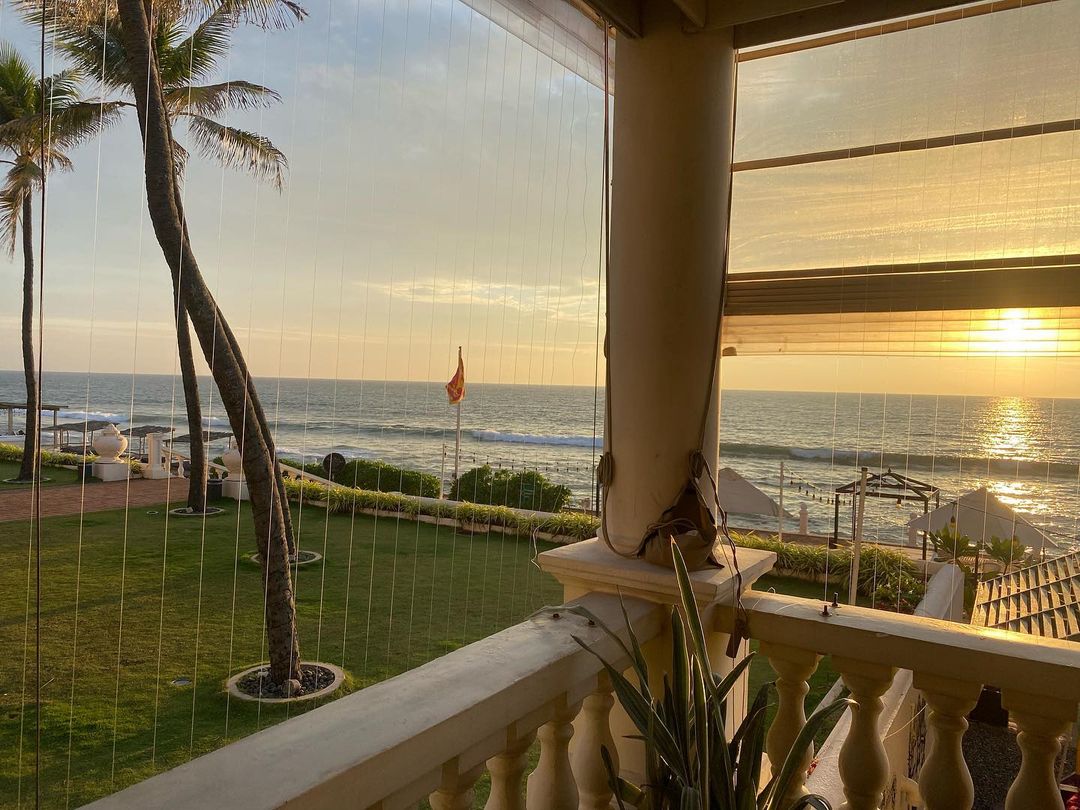https://sverigesradio.se/avsnitt/den-enes-dod-den-andres-brod-naila-saleem-stockholm
Stockholm Monday
One man’s death, another man’s bread, they say. Take the latest Houthi rebel-led attacks on ships in the Red Sea. Geopolitics that, one might argue, have nothing to do with a textile worker in Bangladesh.
But soon it has to do with just one underpaid textile worker in Bangladesh. Because when the shipment of our knitted sweaters runs into obstacles, it doesn’t take long for the problem to end up on the factory floor again like a boomerang.
And there on the floor there is already a lot of grumbling. A new minimum wage agreement has been concluded and the workers are not satisfied with the scarce 1200 kroner a month that the new wage is. Last fall, they took to the streets of the capital Dhaka and protested.
After all, Bangladesh is one of the world’s largest clothing producers, and for the industry, low costs and short lead times are essential. While the textile manufacturers in Dhaka’s suburbs are now thinking about how to deal with skyrocketing shipping costs for the clothes they sell to Europe and North America, it’s all the happier. in neighboring Sri Lanka.
The port in the capital, Colombo, has received so many requests in recent weeks, as shipping companies reschedule their routes, that they have to say no thanks to customers, local media reports.
Sri Lanka’s strategic location is the big selling point for those who ship goods west and east. And there are both concrete plans and great hopes that the country will be able to make even more money in this particular situation. One of India’s richest men, Gautam Adani, has begun constructing another terminal at the port. The US Development Bank has said it is willing to act as a co-financier. In the same port there is also a Chinese terminal. Geopolitics can hardly be clearer than that. Through loans and investments, the three countries have long tried to increase their influence over those in power in the capital, Colombo.
For Sri Lanka, which is trying to recover from the country’s worst economic crisis ever, more business and investment is infinitely welcome even if it is due to Houthi attacks and a crisis in the Middle East. The International Monetary Fund, which continuously evaluates the government’s reform work, said the other day that it sees signs that the economy is starting to recover, but that it has not yet led to improved living conditions for the population.
One of the government’s moves to get the country back on its feet has been to increase the tax burden. One trade union after another has been protesting on the streets of Colombo for the past year against the fact that the burden of the economic crisis is falling on the population instead of the corrupt elite. Last week, it was the healthcare workers’ turn to carry out a nationwide one-day strike.
Naila Saleem South Asia Correspondent
